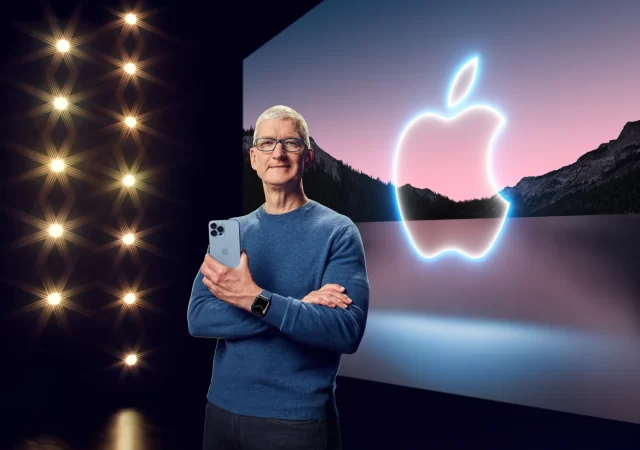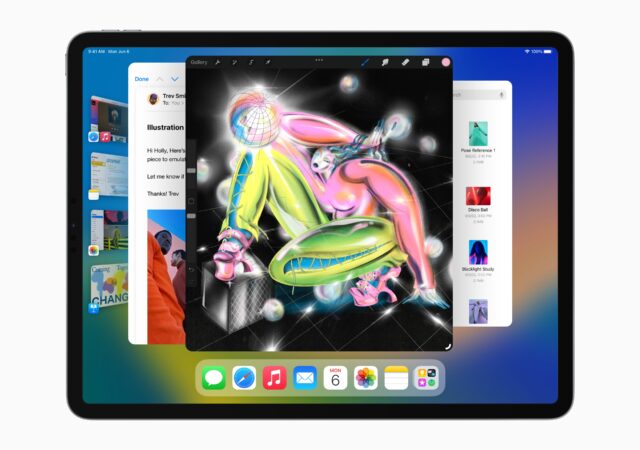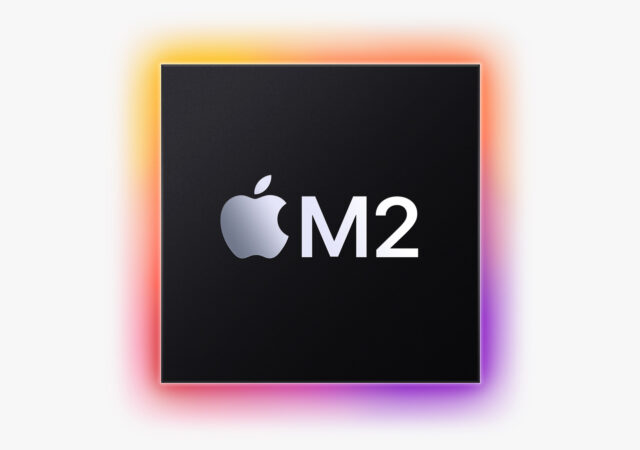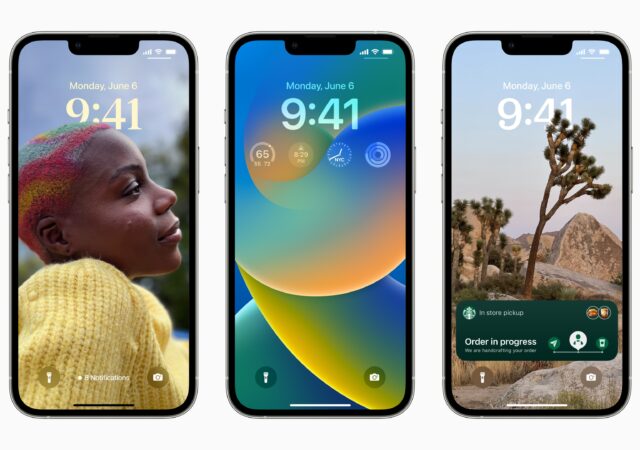Apple’s WWDC 2022 saw the Cupertino giant unpack a lot of things. It could be a pre-cursor to even more things from Apple Campus for 2022.
[WWDC 2022] iPadOS 16 Can Now Take Advantage of M1’s Power
Apple introduces their iPadOS 16 in the 2022 WWDC. The new iPadOS is more powerful and versatile than ever with the focus on the M1 chip.
[WWDC 2022] Apple Launches the M2 for the New MacBook Air and 13-inch MacBook Pro
Apple launches their new M2 silicon at WWDC 2022. The new M2 replaces the M1 chip and powers the new MacBook Air and 13-inc MacBook Pro.
[WWDC 2022] Apple Introduces iOS 16 – of Widgets, Shared Library, Mail Scheduling, and Recalling Messages
Apple announces their latest iOS 16, the biggest major update to the iOS platform ever with new lock screens and intelligence.






